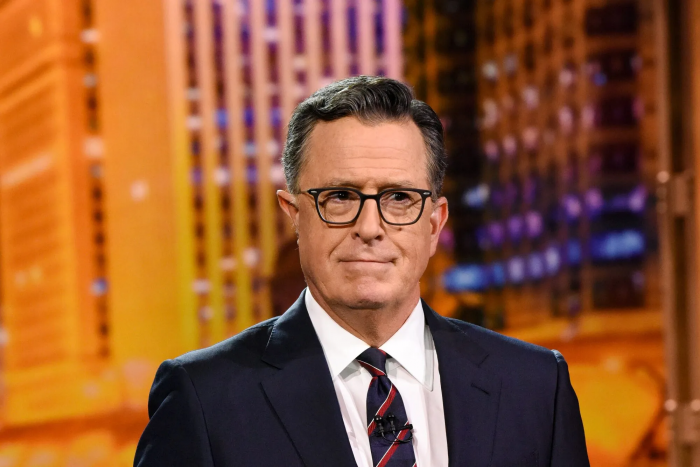Despite the President’s sinking approval ratings and the widespread public rejection of his policies, corporations, universities, and individuals continue to contort themselves to remain in his good graces. Appeasement is not a strategy. When institutions concede, the President demands more. Every capitulation signals a readiness to do it again.
Major players have already folded. ABC paid Trump $15 million to resolve a baseless claim. Paramount settled for $16 million, plus reportedly another $16 million in public service announcements promoting the administration’s agenda. Harvard initially pushed back, but quickly fell in line. Now, according to the Wall Street Journal, Harvard is weighing the creation of a conservative scholarship center to offset its liberal image. The message is clear: resist briefly, then surrender quietly.
So, where does Stephen Colbert fit into this? He’s the most-watched host in late-night. He rose to that position by taking Trump head-on during the first administration, and their mutual animosity is no secret. Colbert has spent the last eight years publicly needling the President. Trump despises him.
Colbert’s contract with CBS is up in 2026. Late-night television is in decline. Late Night lost its band. The Tonight Show cut back to four nights a week. When James Corden left The Late Late Show, CBS didn’t even attempt a real replacement; they plugged in a game show that was canceled after two seasons. That slot is now empty.
Meanwhile, CBS parent company Paramount has already forked over $32 million—half in cash, half in PSAs, to placate Trump. Its proposed merger with Sky is still unresolved. Shari Redstone has already undermined 60 Minutes in service of that merger. Why should Colbert be any more secure? Even if Redstone doesn’t cast him aside, what’s to stop David Ellison, the incoming CEO, from doing it instead? Ellison has already signaled a political alignment: he’s reportedly considered hiring Bari Weiss and has been spotted at UFC events with Trump, seeking favor.
Would he hesitate to drop Colbert to protect his political capital? And would Colbert, after everything, even want to continue on a network that so readily bends to a hostile administration? Streaming platforms are actively seeking a successful late-night host. What better move than to sign the number one host in the country?
The future remains uncertain, but don’t be shocked if CBS lets Colbert go, or if Colbert walks away first. Either outcome would be a consequence of the same pattern: institutions that fold under pressure, and a political climate that rewards it.


